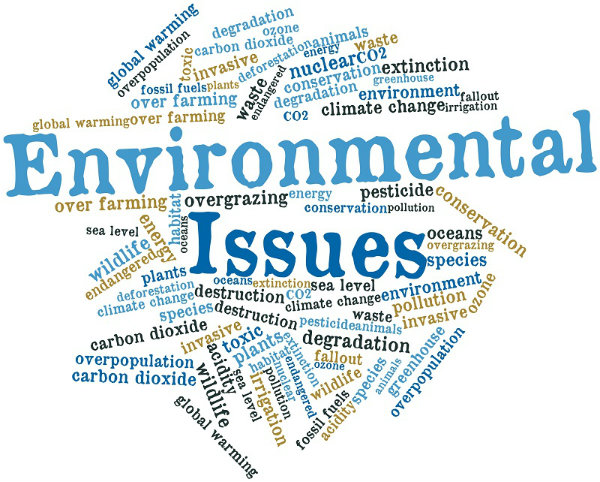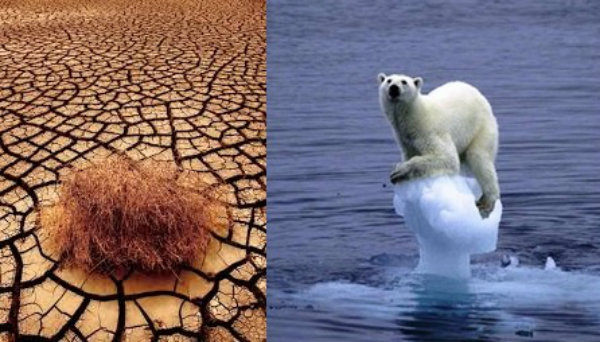
- Indian Polity - Home
- Indian Polity - Introduction
- Indian Polity - Constitution Formation
- Indian Polity - Constitution Features
- Guiding Values of the Constitution
- Indian Polity - Sources of Constitution
- Polity - How the Constitution Works
- Indian Polity - Union & Its Territory
- Indian Polity - Citizenship
- Indian Polity - Fundamental Rights
- Indian Polity - Directive Principles
- Indian Polity - Fundamental Duties
- Indian Polity - Union Executive
- Indian Polity - Union Legislature
- Indian Polity - Local Government
- Indian Polity - Judiciary
- Indian Polity - Federal System
- Indian Polity - Center State Relation
- Indian Polity - Emergency Provision
- Indian Polity - Elections System
- Indian Polity - Political Parties
- Constitutional Amendments
- Indian - Constitutional Schedules
- Indian Polity - Separation of Powers
- Indian Polity - Parts of Constitution
- Polity - International Organizations
- Indian Polity - Environment & Politics
- Indian Polity - Globalization
- Indian Polity - Popular Movements
- Indian Polity - Foreign Policy
Indian Polity - Environment & Politics
Introduction
In the present world, cultivable area is barely expanding any more, and a substantial portion of existing agricultural land is losing fertility (transforming into barren land or desert).
Grasslands have been overgrazed; fisheries overharvested; water bodies have suffered extensive depletion; and pollution, severely restricting food production.

According to the Human Development Report 2006 of the United Nations Development Program −
About 1.2 billion people in developing countries have no access to safe water and
About 2.6 billion have no access to sanitation.
These problems collectively causing the death of more than three million children every year.
Natural forests areas are steadily decreasing across the world.
Depletion of ozone layer and global warming are other major threats to the ecosystems.
In the present context, the issues of environment and natural resources are political in deeper sense (and part of the world politics).
International Programs
In 1972, the Club of Rome, a global think tank, published a book titled as Limits to Growth, dramatizing the potential depletion of the Earths resources against the backdrop of swiftly growing world population.
United Nations Environment Program (UNEP) and other international and regional organizations began holding international conferences and promoting detailed studies to get a more coordinated and effective response to environmental problems, as it already became a significant issue of global politics.
The United Nations Conference on Environment and Development held in Rio de Janeiro, Brazil, in June 1992 (also known as the Earth Summit) was the beginning of international effort on global scale.
The Rio Summit produced conventions dealing with climate change, biodiversity, forestry, and recommended a list of development practices called Agenda 21.
First World, generally refer to the global North were pursuing a different environmental agenda than the poor and developing countries of the Third World, called the global South.
Further, the Northern states are largely concerned with ozone depletion and global warming, the Southern states are anxious to address the relationship between economic development and environmental management.
Some critics however have pointed out that the Agenda 21 was biased in favor of economic growth rather than ensuring ecological conservation.
Commons in a global political sense are those resources, which are not owned by anyone, but rather shared by a community.
The areas or regions of the world, which are located outside the sovereign jurisdiction of any one state, and, therefore require common governance by the international community.
Examples of global commons are the earths atmosphere, Antarctica, the ocean floor (and the high seas i.e. beyond the 200 nautical miles from the respective coast), and outer space.
For the global consensus, there have been many path-breaking agreements such as the 1959 Antarctic Treaty, the 1987 Montreal Protocol, and the 1991 Antarctic Environmental Protocol.
However, a major problem underlying all ecological issues relates to the difficulty of achieving consensus on common environment.
The 1992 United Nations Framework Convention on Climate Change (UNFCCC) also discussed that the parties should act to protect the climate system on the basis of equity and in accordance with their common, but differentiated responsibilities and respective capabilities.

The Kyoto Protocol (1997, Kyoto, Japan) is an international agreement that sets targets for industrialized countries to cut their greenhouse gas emissions. However, India, China, and other developing countries are exempted.
India signed and ratified the 1997 Kyoto Protocol in August 2002.
The global economy relied on oil for much of the 20th century as a portable and indispensable fuel.
The World Council of Indigenous People was formed in 1975.